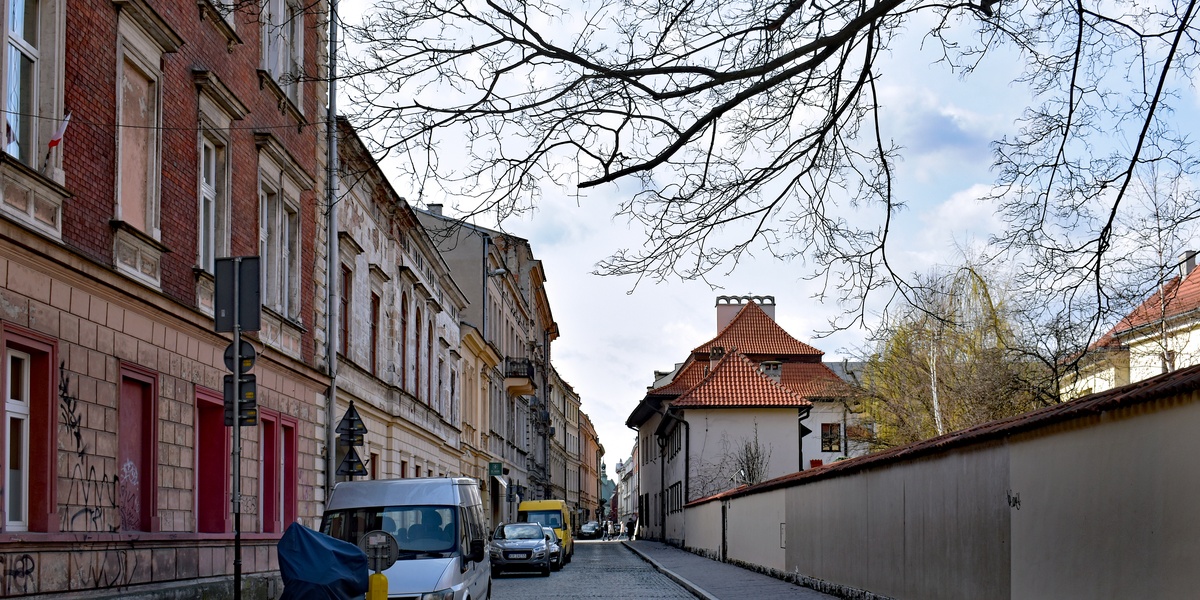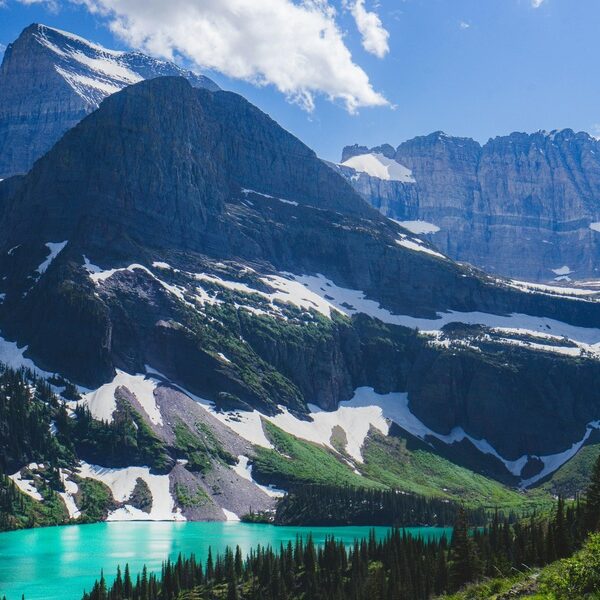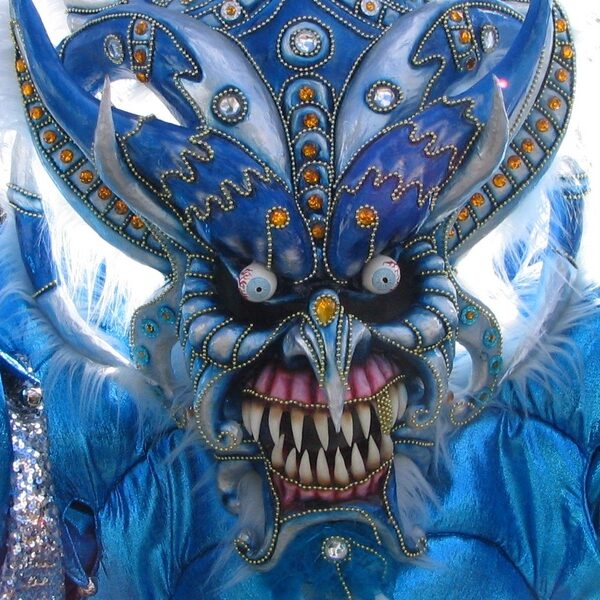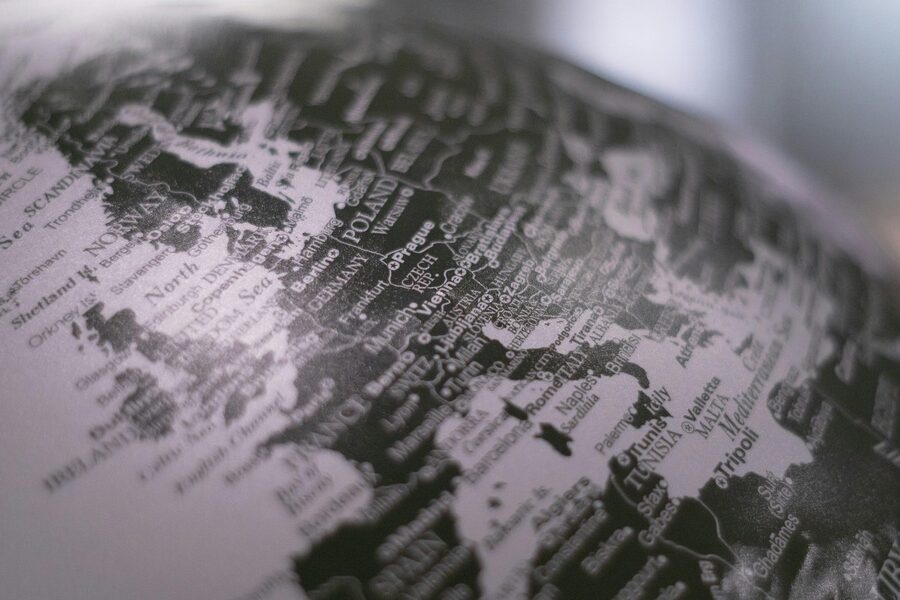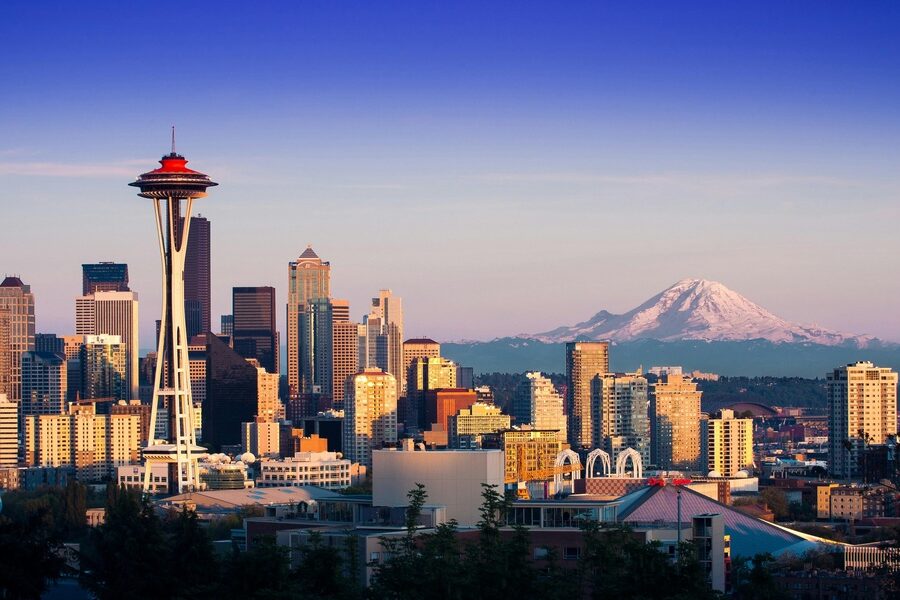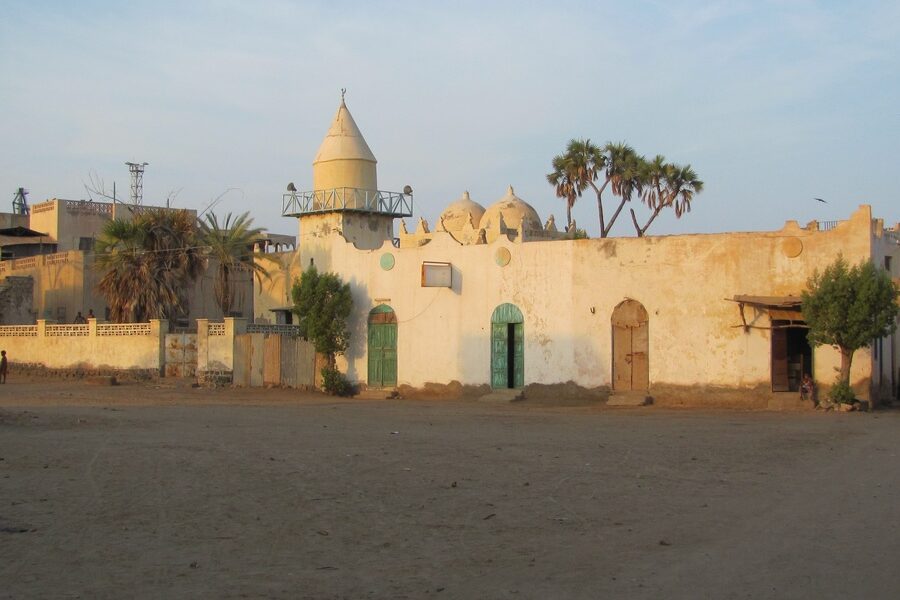Krakow’s Historic Centre was inscribed as a UNESCO World Heritage Site in 1978, and the city has been a regional cultural hub since the Middle Ages. The Jagiellonian University, founded in 1364, still shapes the city’s rhythms: lectures, student cafés and scholarly events spill into streets that feel lived-in rather than museum-like.
People consider moving to Krakow for its culture, universities, growing jobs market and comparatively affordable living costs. Below is a balanced list of five clear advantages and five drawbacks to help you weigh the pros and cons of living in Krakow and decide whether the city fits your priorities. I group the strengths into cultural/quality-of-life and economic/practical benefits, then cover common concerns with mitigation tips.
Cultural and Quality-of-Life Advantages
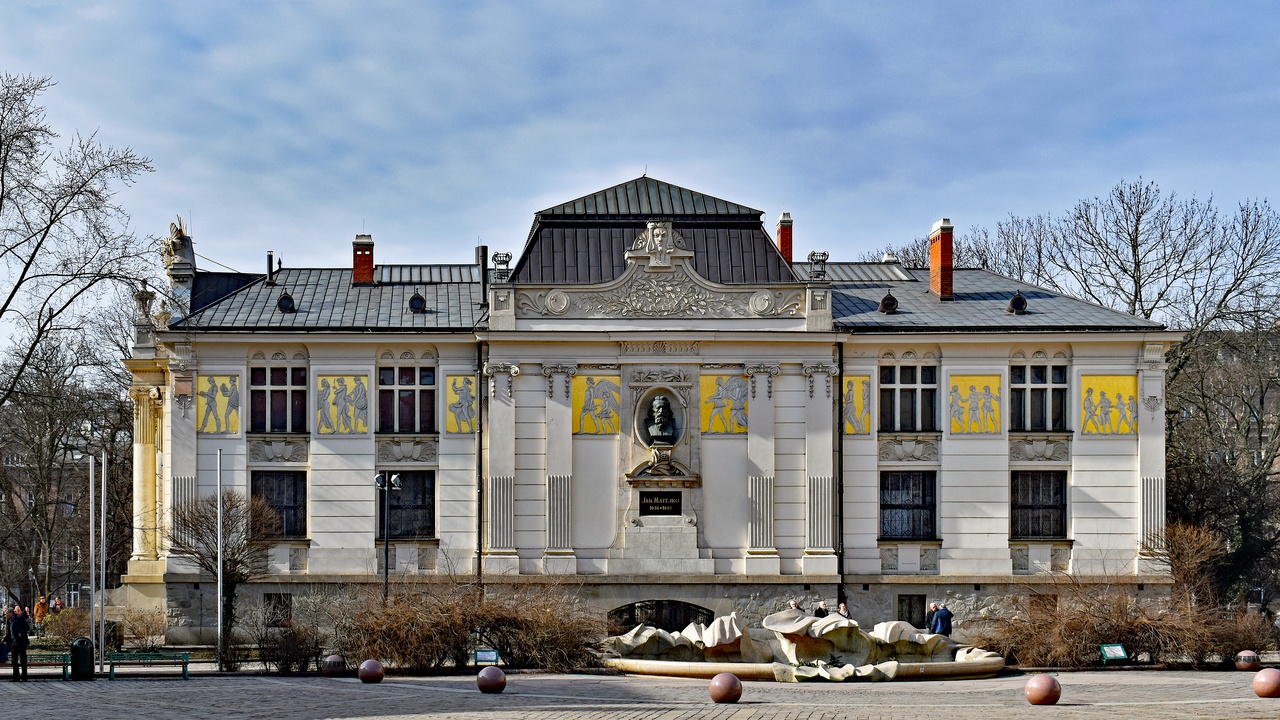
This is the cultural heart of the city, where medieval streets, lively cafés and public green space meet everyday life. For many residents, culture and walkability are what make Krakow feel like a place to settle rather than just visit.
1. Rich history and a UNESCO-protected Old Town
Krakow’s deep historical roots shape daily life: heritage protection affects architecture, street layouts and local business types. The Old Town’s UNESCO inscription in 1978 helps preserve landmarks such as Wawel Castle, the Main Market Square (Rynek Główny) and St. Mary’s Basilica, keeping a strong sense of place.
The Jagiellonian University (1364) still brings students, lectures and research to the city centre, which generates year-round cultural programming. With a population around 780,000, Krakow is large enough for variety but compact compared with most capitals, so historic streets influence the housing stock and support a steady stream of museums, guided tours and tourism-driven services.
2. A thriving arts scene, festivals, and café culture
Krakow punches above its weight culturally. Long-running events such as the Krakow Film Festival (dating back to the 1960s) and the Jewish Culture Festival (started in the late 1980s) keep a steady calendar of performances and exhibitions.
Independent galleries, jazz clubs, small theatres and cafés give residents plenty of ways to socialize and take part in creative projects. Venues like the Museum of Contemporary Art (MOCAK) and neighborhood music spots make it easy to find both quiet coffee corners and late-night scenes, depending on your mood.
3. Compact, walkable neighborhoods and easy access to nature
Krakow’s centre is eminently walkable: the Planty Park encircles the Old Town and provides a pleasant pedestrian belt, while riverside paths along the Vistula invite evening strolls. Many daily errands can be done on foot or by bike.
Commuting times inside the city are short and green space is never far. For weekend escapes, the Tatra Mountains and Zakopane are realistic options—roughly a two-hour drive—so outdoor lovers can swap cobbled streets for alpine trails without complicated planning.
Economic and Practical Benefits
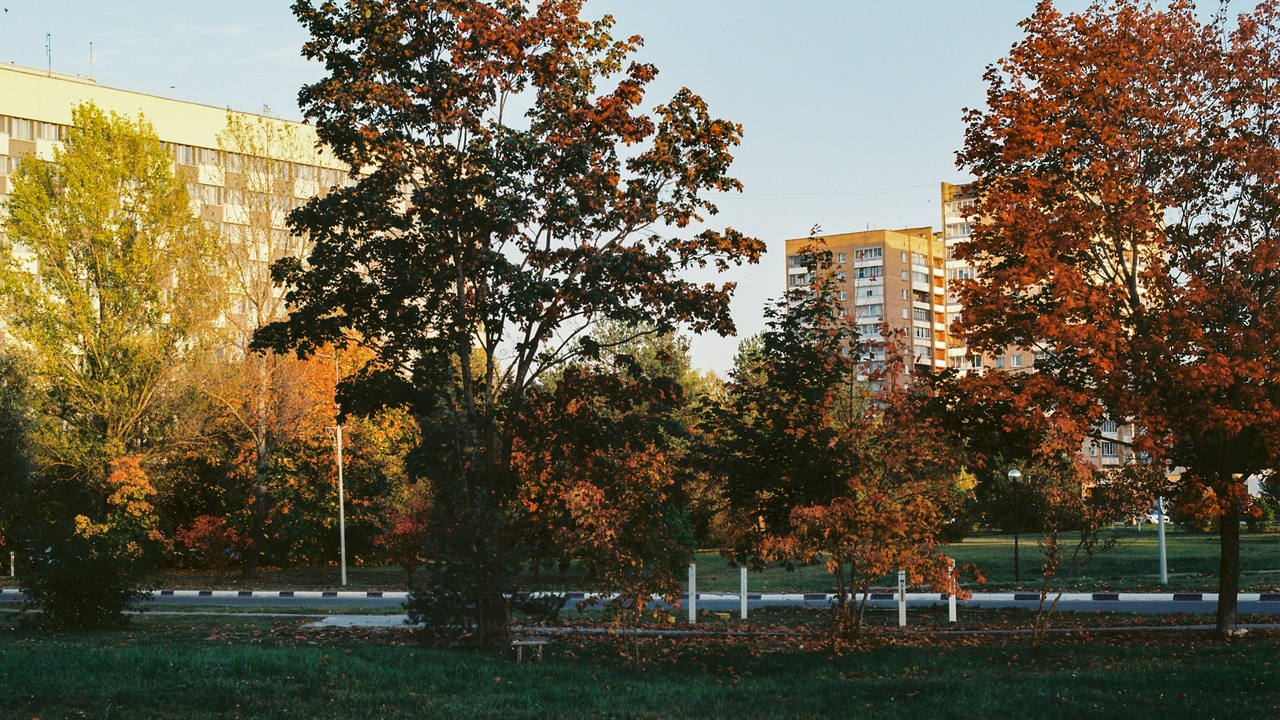
This category covers everyday practicalities that make Krakow livable for newcomers: cost of living, education, healthcare and employment opportunities. Those factors often tip the balance for people deciding to relocate.
4. More affordable cost of living than many Western European cities
Krakow is noticeably cheaper than major Western European capitals. Rents, restaurant prices and many services are commonly 30–50% lower than in places like London or Paris, which translates into more discretionary spending for residents.
City-centre one-bedroom apartments come at a premium, while flats a few tram stops out or in nearby suburbs typically offer much better value. Public transport is affordable (monthly passes are modest by Western standards), and groceries and eating out often cost less, so day-to-day budgeting is easier for many newcomers. Poland’s EU accession in 2004 also widened mobility and work options for EU citizens.
5. Strong universities, healthcare access, and growing tech/job market
Krakow hosts long-established universities such as the Jagiellonian University and AGH University of Science and Technology, which feed the city with students, research activity and cultural programming. That academic base supports conferences, public lectures and collaboration opportunities.
The city has also attracted international business services and tech centres—IBM, Sabre, Capgemini and Comarch operate offices here—so tens of thousands of people work in the service and tech sectors. Reliable hospitals and clinics serve residents, and many companies offer English-friendly roles for bilingual professionals.
Drawbacks and Considerations
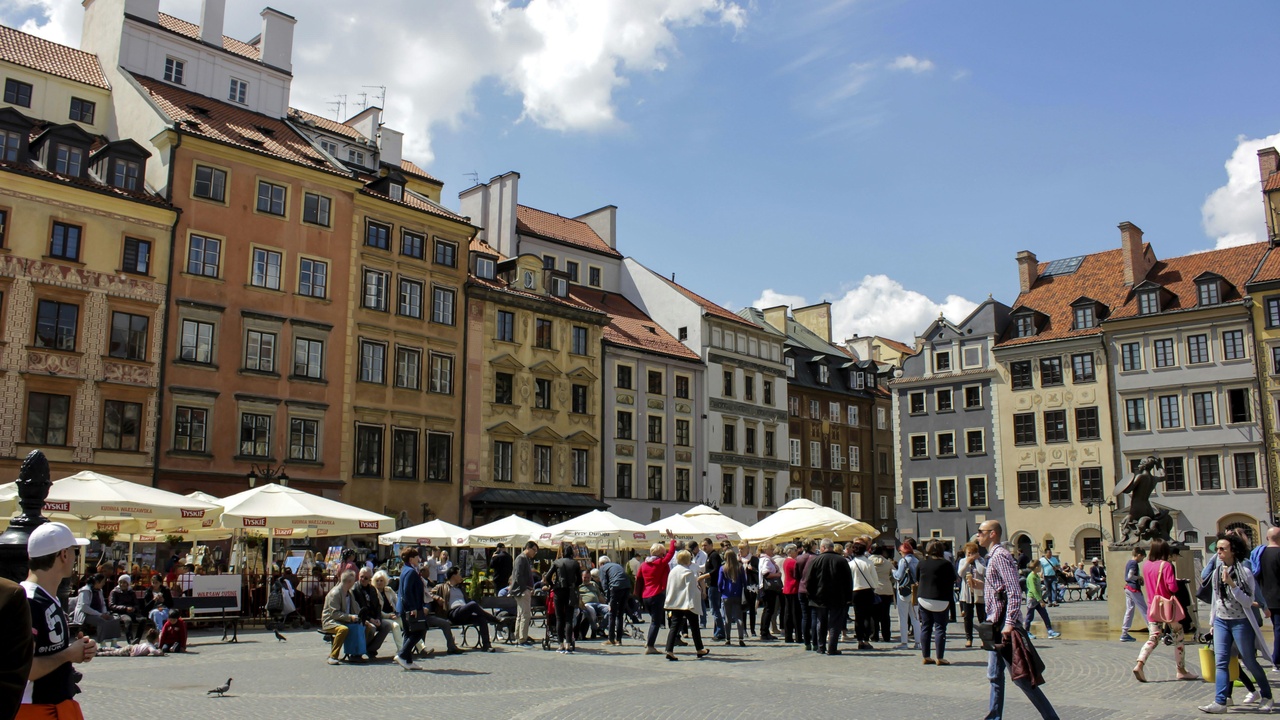
No city is perfect. The following five drawbacks are common concerns for residents and newcomers; each point includes a practical tip for dealing with the issue.
6. Heavy tourist traffic, especially in the Old Town
Certain areas of Krakow get extremely busy. The city and surrounding region recorded over 13 million visitors in 2019, and many of those visitors concentrate in the Old Town during spring and summer, which makes the Main Market Square crowded on peak days.
That traffic affects noise levels, wait times at restaurants and availability of long-term rental flats (short-term lets compete for the same units). A simple mitigation: choose a neighbourhood outside the tourist core—another tram stop or two often brings better peace and long-term value. Also, visit popular sites early in the morning for quieter experiences.
7. Seasonal air pollution and smog (improving but still a concern)
Krakow has had notable winter smog episodes in past years. Local governments took action around 2019 with bans and regulations to reduce solid-fuel burning and replace old household boilers, and those measures have helped, but cold-season air quality can still be an issue on certain mornings.
For residents with respiratory sensitivity, monitoring the municipal air-quality alerts and using air purifiers at home can make a big difference. Many people also check local air-quality index apps on winter mornings to decide whether to exercise outdoors that day.
8. Long, cold winters and variable weather
Krakow’s winter season typically stretches from November through March, with shorter daylight and chilly temperatures that some find dreary. Snow is common from December to February and occasional transport delays can happen during heavier storms.
Expect higher heating bills and to winterize apartments (insulation, thicker curtains). A practical approach is to lean into indoor cultural activities—museums, concerts and local cafés—and pay attention to vitamin D and exercise routines during the darker months.
9. Language and bureaucracy hurdles for non-Polish speakers
Polish is the language of administration, and while English is common in tech and tourism, many municipal forms, healthcare documents and legal procedures are in Polish. That can make registering residence or handling official paperwork more time-consuming.
Common sticking points include residence registration (meldunek) and certain medical or legal forms that require Polish. Useful mitigations are hiring an expat service or translator for initial paperwork, learning basic Polish phrases, and relying on English-speaking staff in large hospitals and international companies.
10. Rising housing costs and gentrification in central districts
Demand for central flats has risen since the mid-2010s, partly driven by tourism and short-term rentals, which has pushed up prices in some neighbourhoods and altered local character. Long-term residents sometimes find themselves priced out of the most desirable streets.
To avoid the worst effects, compare neighbourhoods, consider outer districts with good tram links, work with a local letting agent and look for long-term lease options. Family-friendly suburbs and towns a short tram ride away often offer better space and community amenities for the price.
Summary
- Krakow pairs a rich cultural life (UNESCO Old Town, historic universities) with practical affordability and a growing tech and business-services sector.
- Main drawbacks to weigh are concentrated tourist crowds, winter air-quality concerns (though policy changes after 2019 are helping), long cold winters and occasional language/bureaucracy hurdles.
- If crowds and central rents worry you, consider living outside the Old Town, use expat services for paperwork, and explore tram-linked suburbs for better value.
- For culture, study or bilingual tech work, Krakow offers a compelling mix of history, social life and institutional strength.
Weigh these points against your priorities — visit different neighbourhoods, check local housing listings and drop into a festival or two before you commit to a move.

